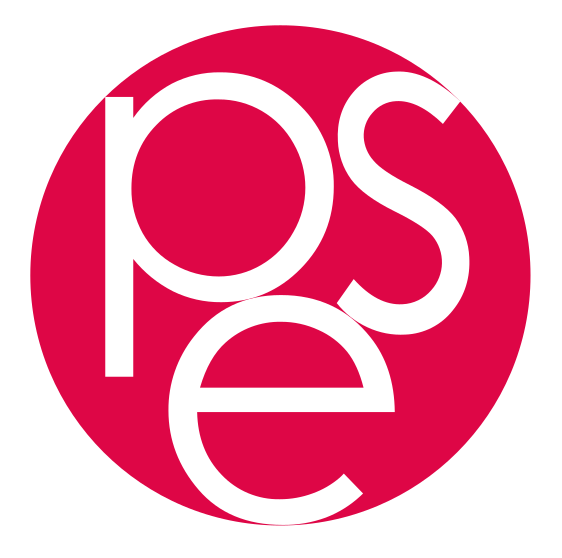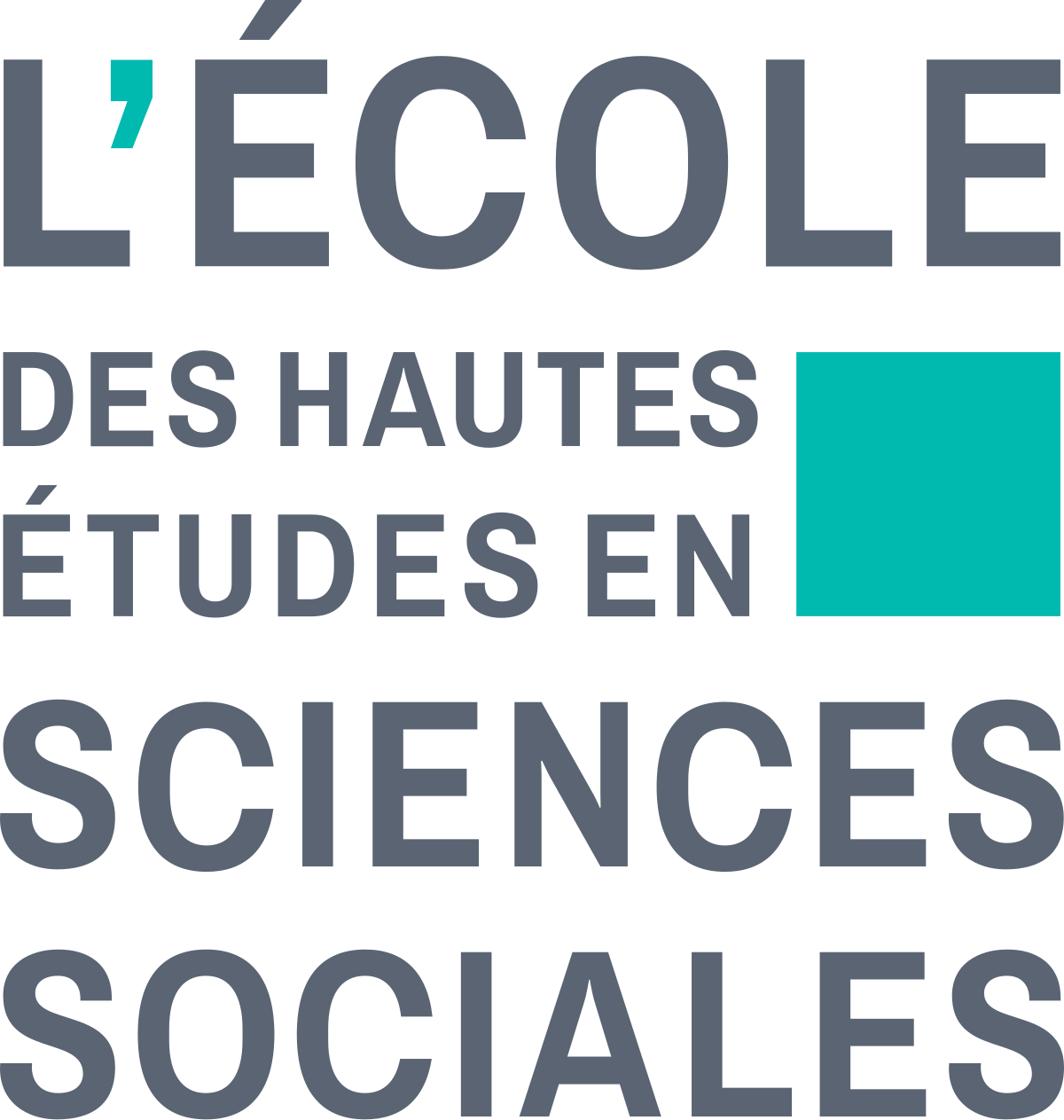Working Papers
-
Does Chinese Research Hinge on US Coauthors? Evidence from the China Initiative.
Under revision.AbstractLaunched in November 2018 by the Trump administration, the China Initiative made administrative procedures more complicated and funding less accessible for collaborative projects between Chinese and US researchers. In this paper, we use information from the Scopus database to analyze how the China Initiative shock affected the volume and quality of Chinese research. We find a negative effect of the Initiative on the average quality of both the publications and the co-authors of Chinese researchers with prior US collaborations compared to Chinese researchers with prior European collaborations. Thus, the Initiative is estimated to have reduced the number of yearly citations for Chinese researchers in the treatment group by 13 percent more than for researchers in the control group. The negative effect of the Initiative has been stronger for Chinese researchers with higher research productivity and/or who worked on US-dominated fields before the shock. Finally, we find no significant effect of the China Initiative on the volume and quality of research of US researchers with prior Chinese collaborations.
-
Quotas, Campaign Financing Rules and Party Bias Against Women in Brazil.
Draft coming soon.AbstractIn spite of a three-decades affirmative action campaign, women continue to be underrepresented in the political arena in Brazil. This paper examines whether party bias and strategic nomination patterns undermine the positive effects of two reforms on gender quotas and campaign financing rules. Focusing on local elections, we consider these changes in the electoral rules as quasi-natural experiments and estimate their effect in a difference-in-differences setting using fine electoral data. Our analysis shows that, while political parties comply with the new electoral rules, they do so strategically in terms of their political advantage and the degree of competitiveness within each municipality. By comparing politically competitive and non-competitive municipalities, we demonstrate that party nomination choices consistently disadvantage women and reduce their likelihood of being elected. Importantly, our findings reveal that these nomination strategies vary significantly based on the level of political advantage each party had accumulated prior to the reforms.
Ongoing work
-
How to Silence Researchers? Evidence from Illiberal Hungary.
Draft coming soon.AbstractSince the late 1990s, a growing number of countries have shifted towards "illiberal democracy," a regime characterised by "free but unfair" elections while bypassing the rule of law. A significant body of literature documents the harmful effects of past dictatorships on innovation; in this paper, we extend that argument, claiming that the newer regime of illiberal democracy exerts a similarly damaging impact on innovation. Using both international and national bibliometric databases, we focus on the rise of illiberalism in Hungary. By comparing Hungarian researchers to their counterparts in other Eastern and Central European countries before and after the elections that brought Viktor Orbán to power, we quantify how Hungarian academia has been significantly affected. We develop a comprehensive set of quantitative measures to assess the effects of such illiberal policies on researchers and their academic outputs and mobility and study the heterogeneous impact depending on their seniority and field of work.
- Reshaping the Political Landscape: Evidence from the Spanish Republican Exile.





